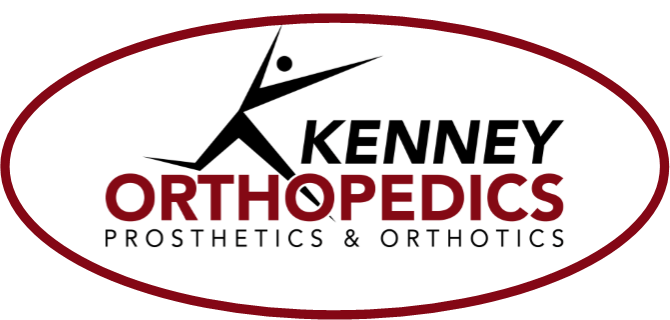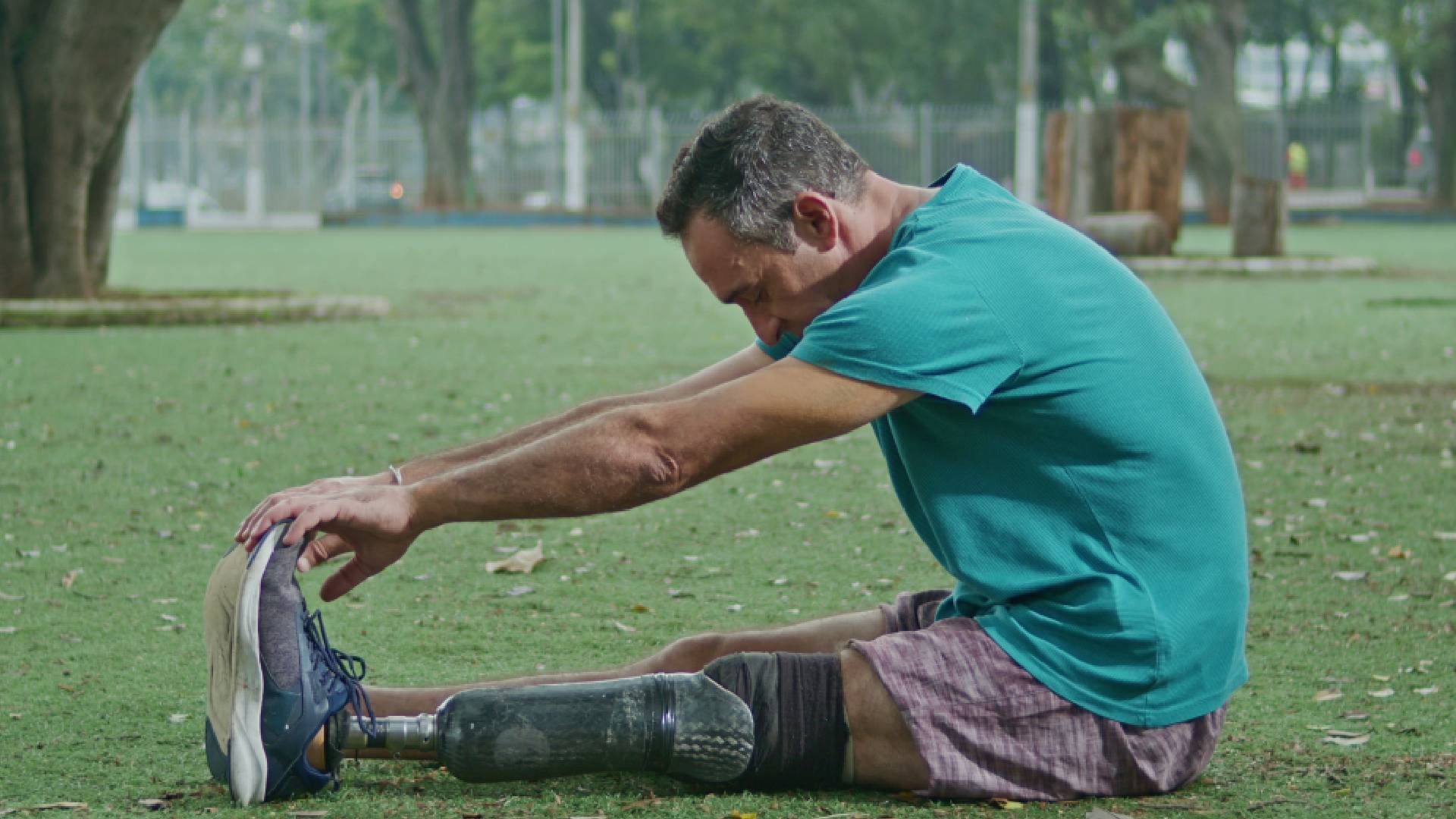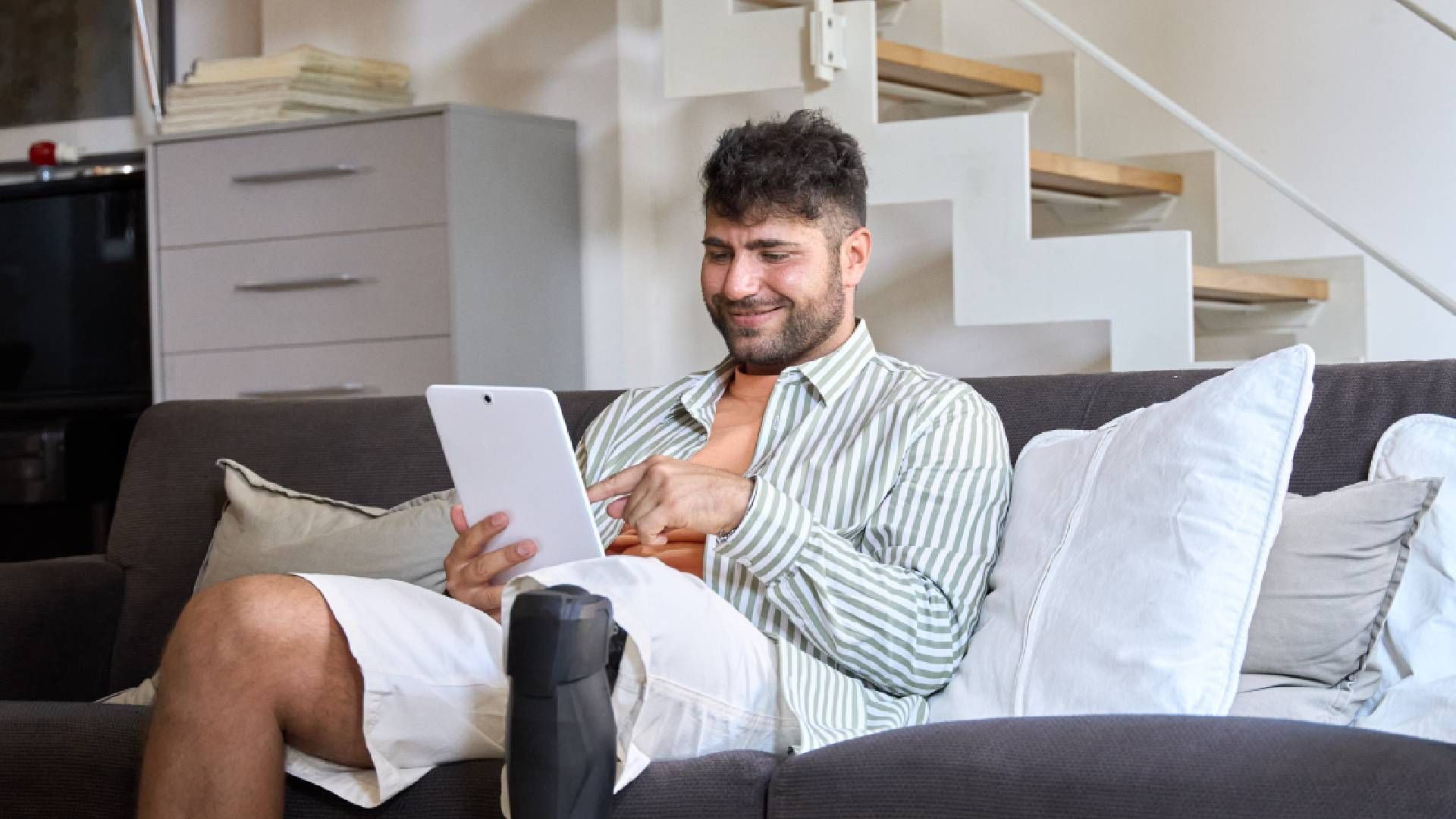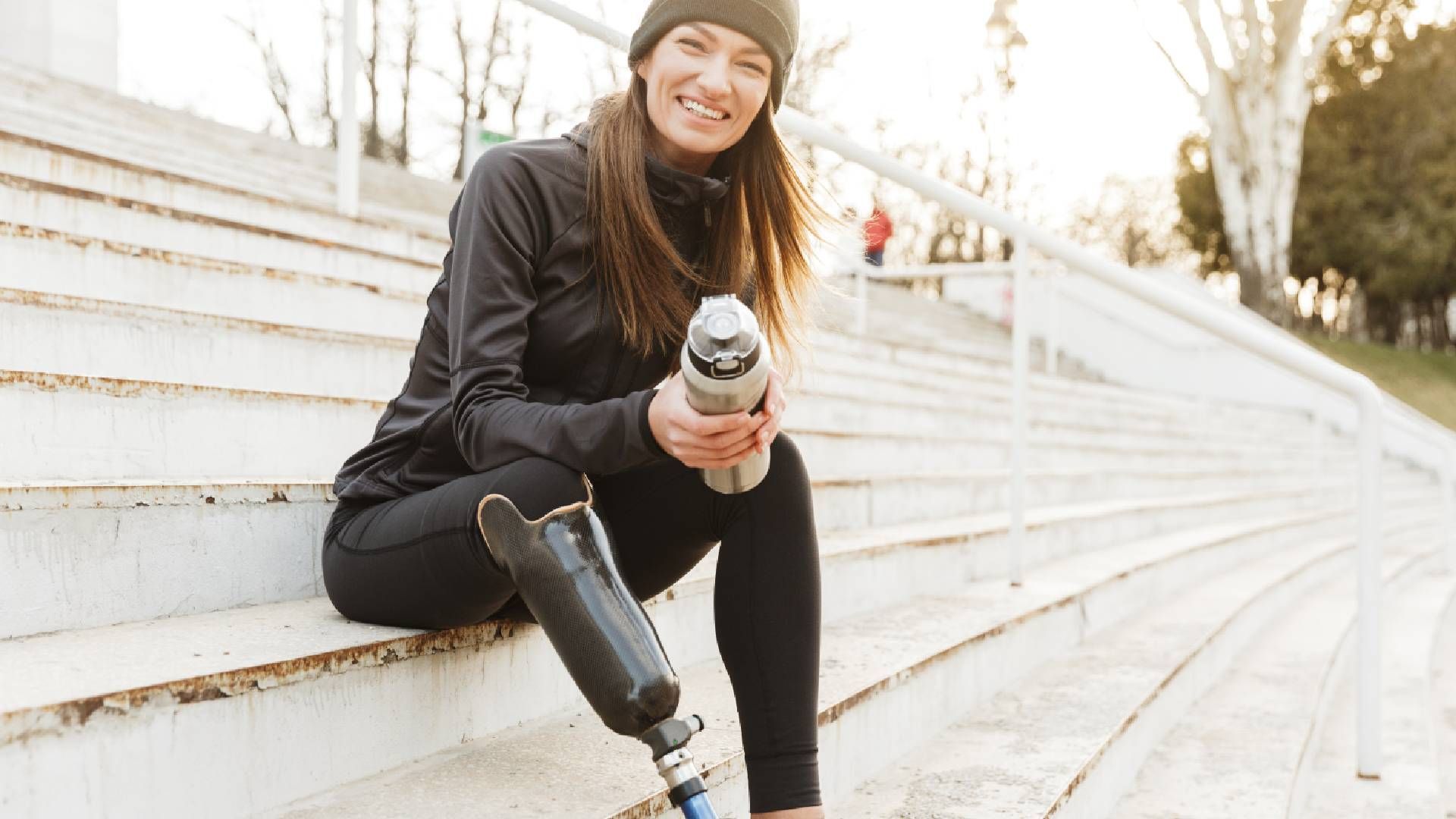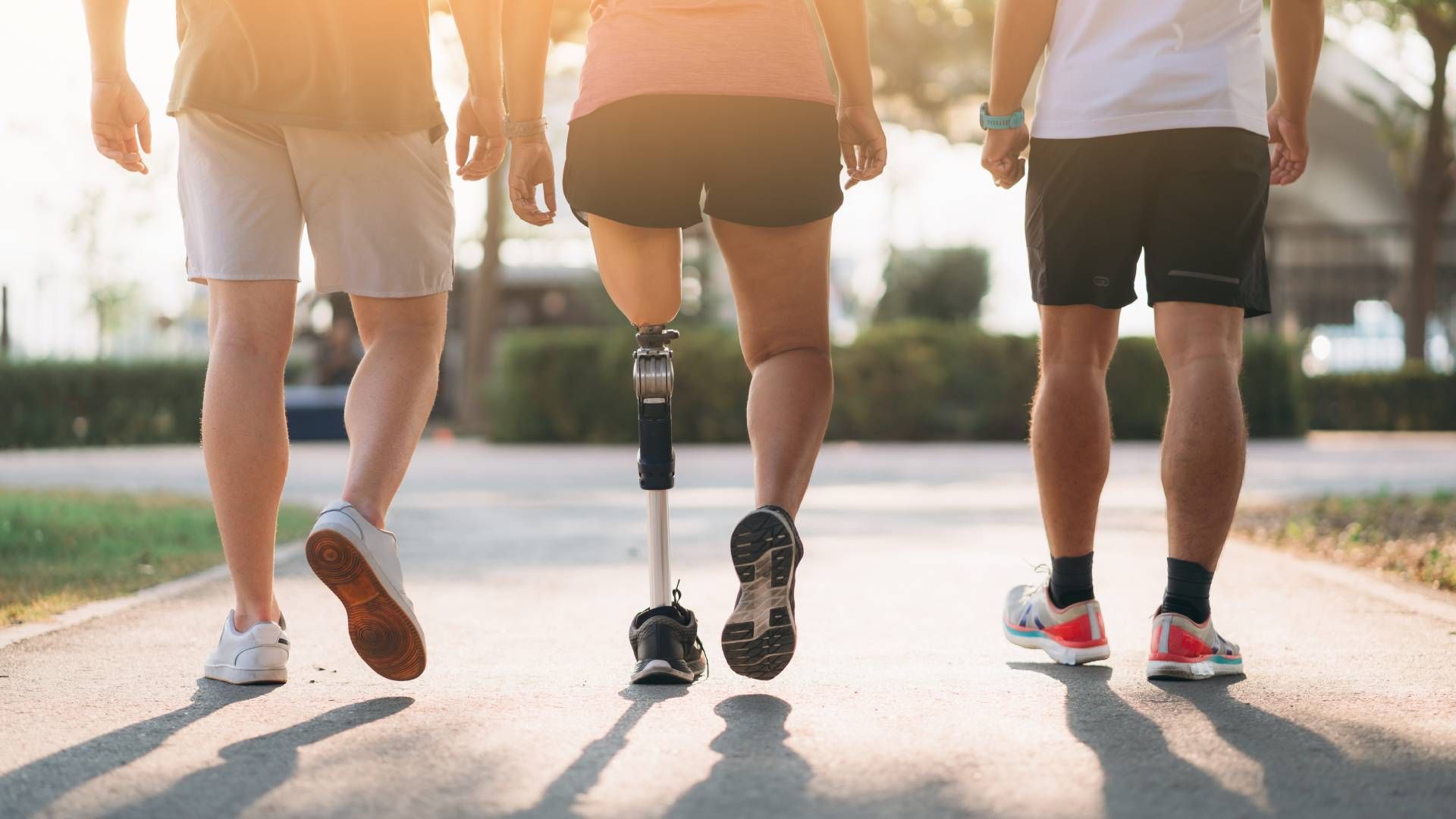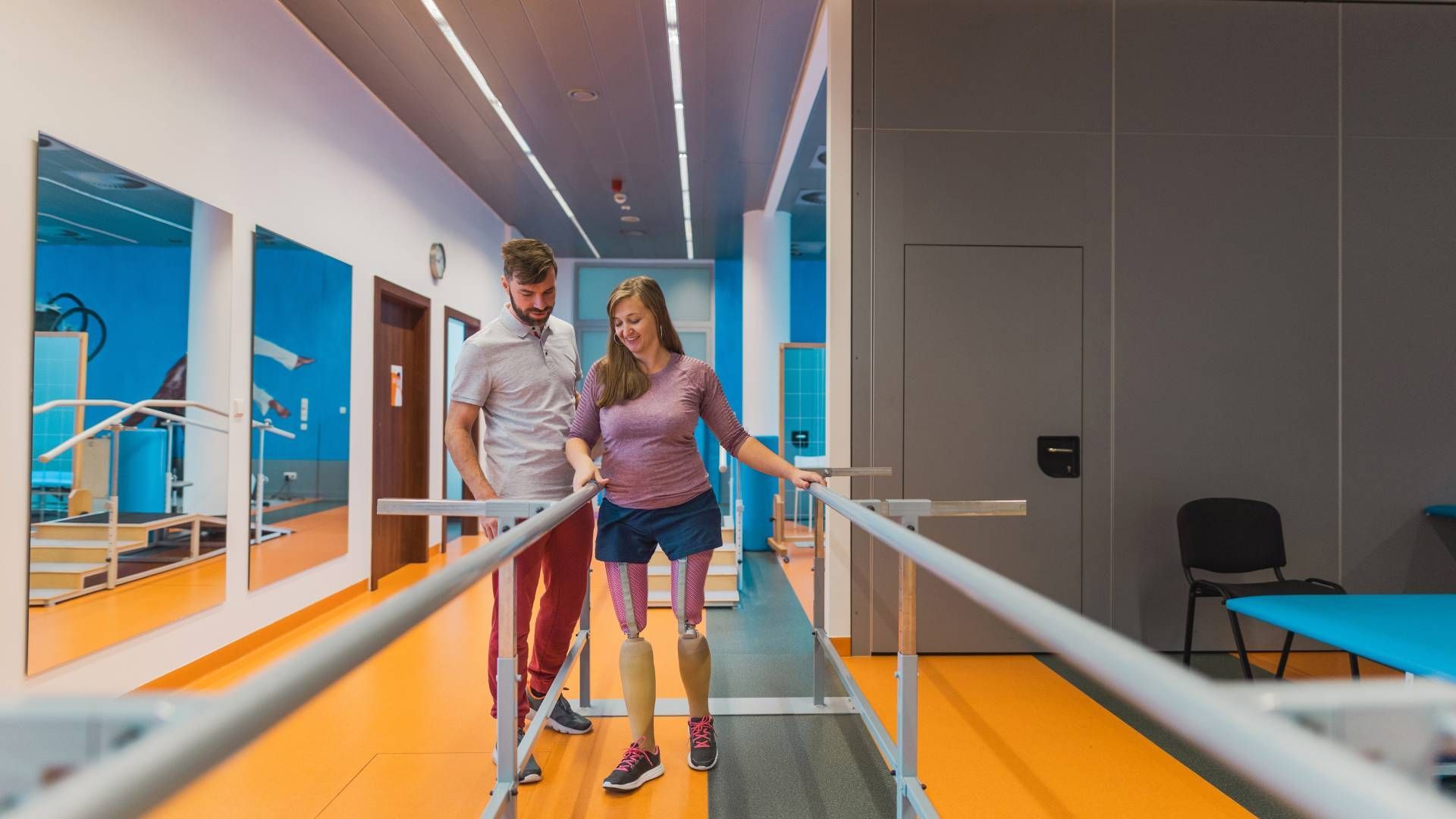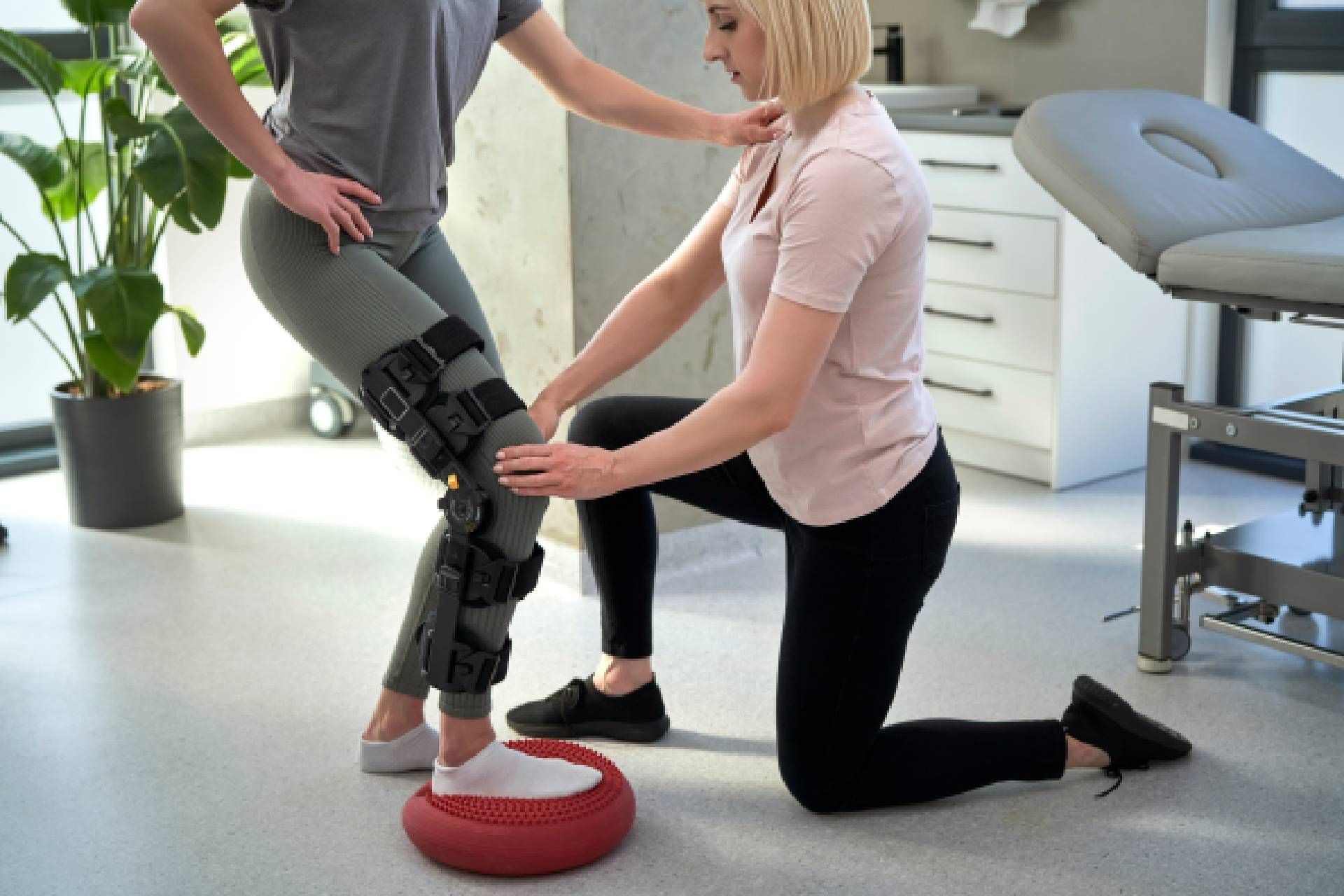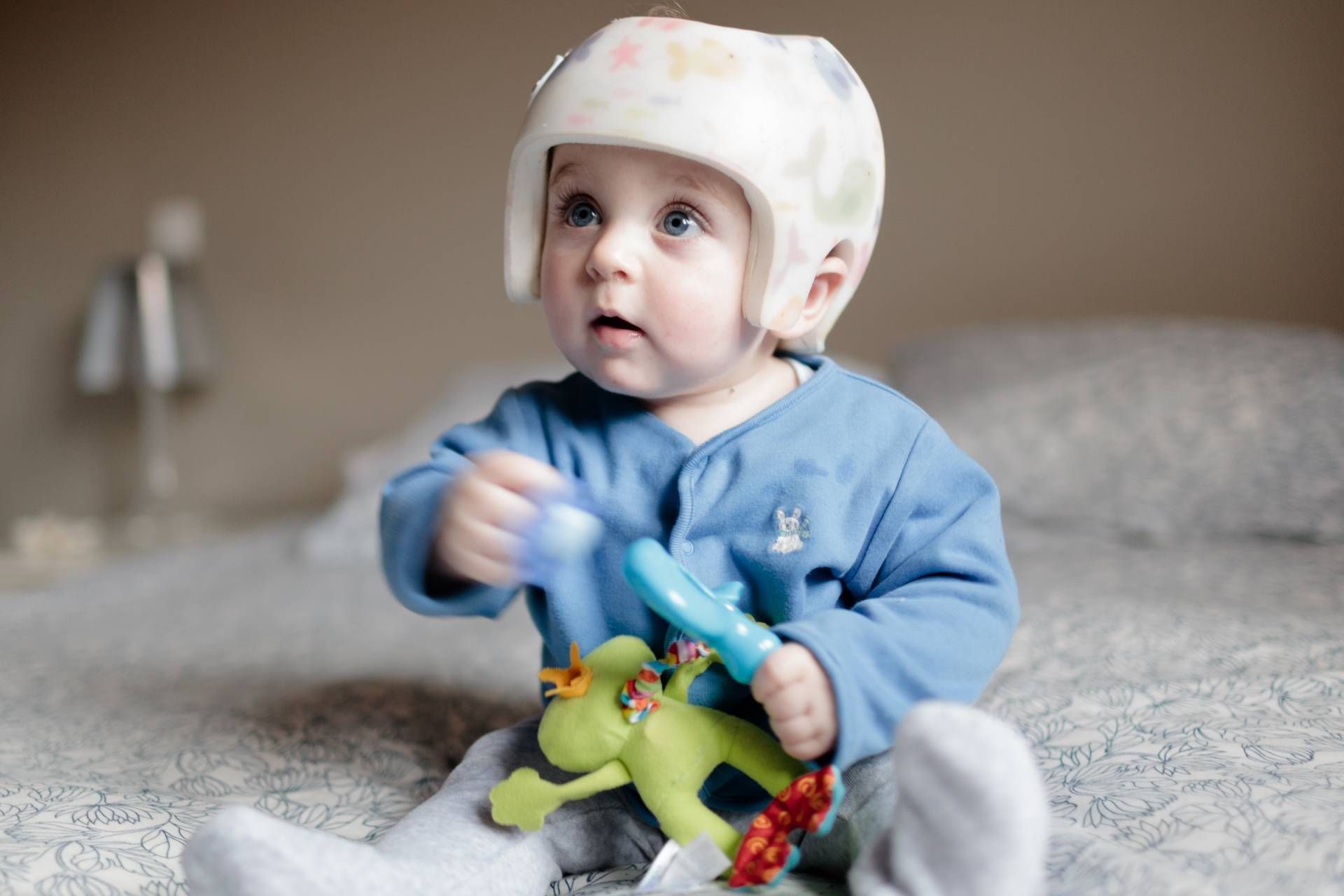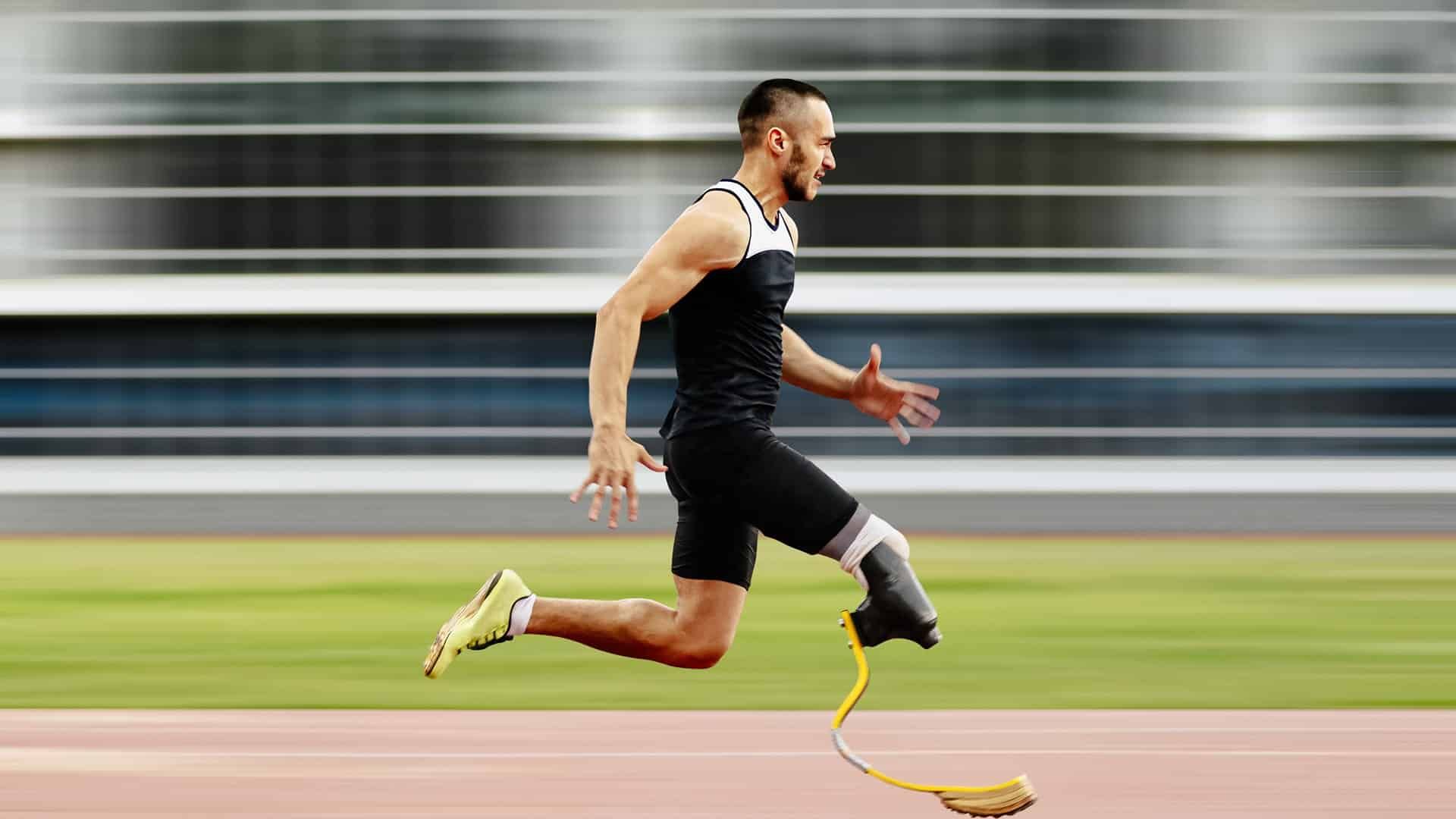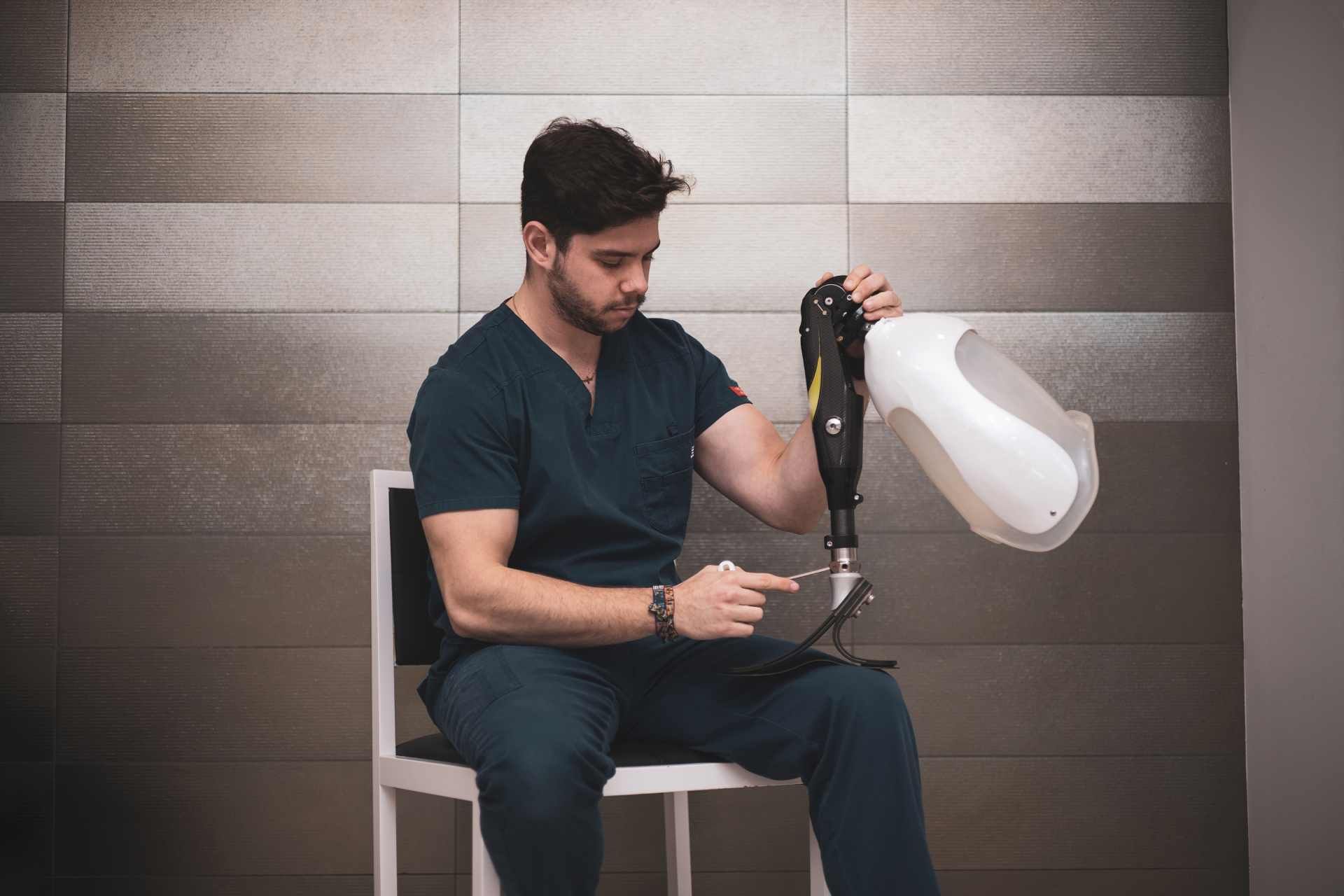Though we may hear the terms orthotics and prosthetics used in the same conversation, the two terms describe two very different categories of devices. For those unfamiliar or only recently introduced to the field of mobility devices, the differences are key in understanding the type of device that would work best for your individual needs.

Differences between Orthotics and Prosthetics
Orthotics and prosthetics are designed to improve an individual’s mobility. Orthotics are braces or other supportive devices that are used to correct alignment, reduce pain and/or provide additional support to any part of the body, whereas prosthetics are devices that replace a missing limb. Both orthotics and prosthetics aid to improve movement, but each work for different types of patients.
Orthotic Devices
Orthotics are devices used to correct or improve the function of a body part. They have both long- and short-term uses and can be helpful in the healing process by reducing shock to protect against swelling or further injury. There are types of orthotic devices that can be used for issues occurring in the foot, ankle, knee, hip, spine, shoulder, arm, and hand. Cranial remolding helmets are another type of orthosis that aim to correct skull deformities in babies, ideally between the ages of 3 and 8 months.
Prosthetic Devices
Prosthetics are designed to help individuals with limb loss regain independence and confidence through improved mobility. A prosthesis is an artificial limb or device that is used to replace a missing limb, whether that be the result of a traumatic injury/accident, birth defect, or medical condition such as vascular disease or diabetes.
Similarities between Orthotics and Prosthetics
While there are many differences between orthotics and prosthetics, there are also several similarities that unite the communities of these two different device users. The customization of devices, the medical treatment associated with getting a new prosthetic or orthotic device, and the ongoing, individualized care needed are found with both orthotics and prosthetics.
Custom-Made Devices
Quality orthotics and prosthetics are custom made for individual users. Since each person’s body is unique, their prosthetic or orthotic devices need to be tailored to their exact measurements and mobility needs in order to prevent discomfort, pain, or further injury while using the device.
Professional Care
Custom orthotics and prosthetics are advanced medical devices that are created by highly skilled and educated healthcare professionals - orthotists and prosthetists respectively. These professionals not only help guide new users toward the type of prosthetic or orthotic device ideal for their situation, but they also provide ongoing care throughout the individual user’s lifetime.
Ongoing Training
Getting new orthotics or prosthetics isn’t a one-and-done deal. Ongoing use, changes in weather or seasons, changes to your body, different usage patterns, or a host of other reasons can result in changes in fit and/or comfort, which can negatively impact mobility. Regular visits to your orthotist or prosthetist should be part of routine care for all orthotic and prosthetic users. It is also important to stay up on the best practices for using your device by attending ongoing Walking Schools offered exclusively through Kenney Orthopedics at varying locations throughout the year.
Contact Us
Learn more about custom orthotics and prosthetics from the professional team at Kenney Orthopedics. We will take time to answer your questions and help you learn more about your mobility options with prosthetic and orthotic devices. Request a consultation today. Kenney Orthopedics has multiple locations in Kentucky, Indiana, and North Carolina serving the communities of Lexington, KY; Louisville, KY; Indianapolis, IN; and Charlotte, NC.
Connect with Us
At Kenney Orthopedics, we offer the highest quality of prosthetic and orthotic care, in addition to providing patient support and a specialized Walking School program. Our practitioners are skilled in a wide variety of prosthetics and orthotics. Kenney Orthopedics offers prosthetic care and orthotic care across Kentucky, Indiana, and North Carolina.
All Rights Reserved. Kenney Orthopedics
Website Design by Creekmore Marketing

